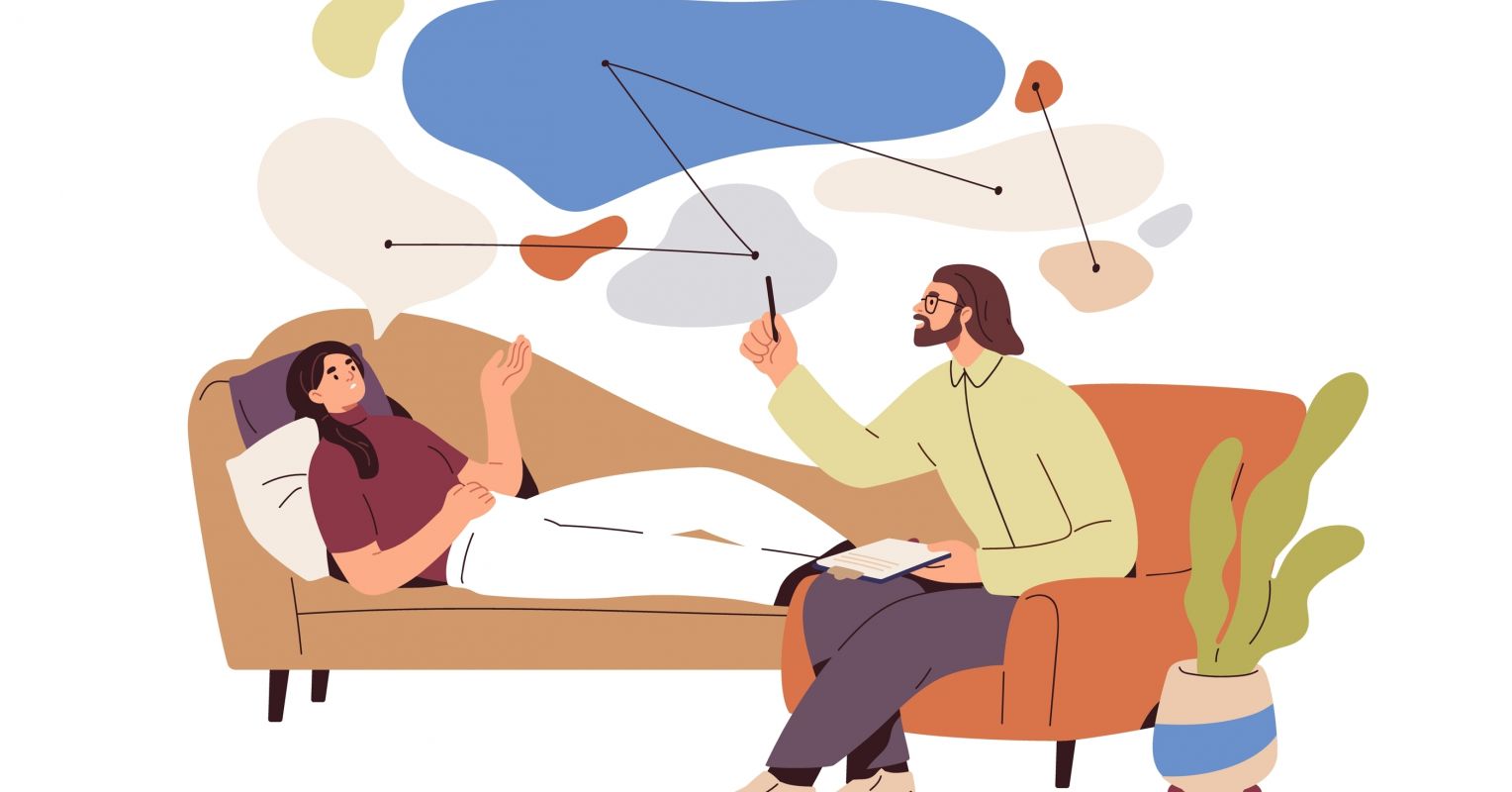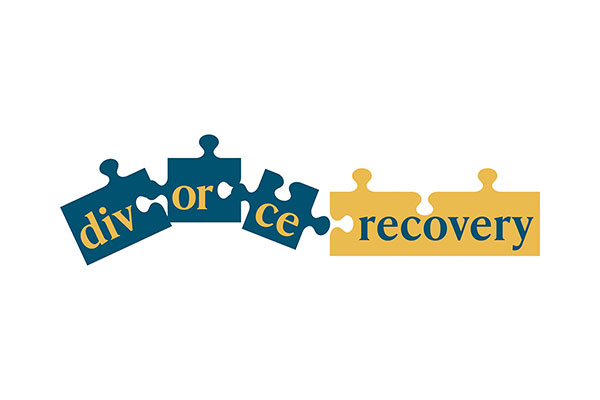Understanding Emotions and Their Impact
Emotions are complex and can significantly influence our thoughts, behaviors, and overall well-being. While it’s natural to experience a range of emotions, it’s crucial to learn how to manage them effectively to lead a balanced and fulfilling life. Poor emotional regulation can lead to stress, anxiety, depression, and various physical health issues. On the other hand, mastering your emotions can enhance your mental health, improve relationships, and boost your overall quality of life.0
What is Cognitive Behavioral Therapy (CBT)?
Cognitive Behavioral Therapy (CBT) is a widely recognized and effective form of psychotherapy that helps individuals understand and change their thought patterns and behaviors. The core principle of CBT is that our thoughts, feelings, and behaviors are interconnected, and by changing negative thought patterns, we can alter our emotional responses and behaviors.
Techniques for Mastering Your Emotions
Here are some practical CBT-based techniques to help you master your emotions and lead a more balanced life:
1. Cognitive Restructuring
Cognitive restructuring, also known as cognitive reframing, involves identifying and challenging negative thought patterns. This technique helps you replace irrational or harmful thoughts with more balanced and realistic ones.
Steps to Practice Cognitive Restructuring:
- Identify Negative Thoughts: Pay attention to your thoughts, especially those that trigger negative emotions.
- Challenge the Thoughts: Ask yourself if these thoughts are based on facts or assumptions. Are they overly negative or irrational?
- Replace the Thoughts: Substitute negative thoughts with positive or neutral ones. For example, instead of thinking, “I’ll never be able to do this,” try thinking, “I can try my best and learn from the experience.”
2. Mindfulness Meditation
Mindfulness meditation involves focusing on the present moment and accepting it without judgment. This practice helps you become more aware of your thoughts and feelings, allowing you to manage them more effectively.
Steps to Practice Mindfulness Meditation:
- Find a Quiet Space: Sit or lie down in a quiet place where you won’t be disturbed.
- Focus on Your Breath: Pay attention to your breathing. Notice the sensation of the air entering and leaving your body.
- Observe Your Thoughts: When thoughts arise, acknowledge them without judgment and gently bring your focus back to your breath.
- Practice Regularly: Aim to practice mindfulness meditation for a few minutes each day. Gradually increase the duration as you become more comfortable.
3. Behavioral Activation
Behavioral activation involves engaging in activities that you enjoy or that give you a sense of accomplishment. This technique can help combat negative emotions by redirecting your focus to positive actions.
Steps to Practice Behavioral Activation:
- List Enjoyable Activities: Write down activities that you enjoy or that make you feel good.
- Set Small Goals: Start with small, manageable goals. For example, if you enjoy reading, set a goal to read for 10 minutes each day.
- Track Your Progress: Keep a journal to track your activities and how they make you feel. This can help you stay motivated and recognize the positive impact of these activities on your emotions.
4. Thought Records
Thought records are a valuable tool in CBT that help you track and analyze your thoughts and emotions. This technique can provide insights into your thought patterns and help you develop healthier ways of thinking.
Steps to Use Thought Records:
- Identify the Situation: Note the situation that triggered a strong emotional response.
- Record Your Thoughts and Emotions: Write down the thoughts and emotions you experienced in that situation.
- Challenge the Thoughts: Evaluate whether your thoughts were realistic or overly negative. Consider alternative, more balanced perspectives.
- Reflect on the Outcome: Reflect on how challenging and reframing your thoughts affected your emotions and behavior.
5. Problem-Solving Skills
Developing effective problem-solving skills can help you manage stress and emotions more effectively. This technique involves identifying problems, generating solutions, and implementing them in a structured way.
Steps to Improve Problem-Solving Skills:
- Identify the Problem: Clearly define the problem you’re facing.
- Brainstorm Solutions: Generate a list of potential solutions without judging their feasibility.
- Evaluate the Solutions: Assess the pros and cons of each solution and choose the best one.
- Implement the Solution: Put the chosen solution into action and monitor its effectiveness.
- Reflect and Adjust: Reflect on the outcome and make adjustments as needed.
6. Relaxation Techniques
Relaxation techniques, such as deep breathing and progressive muscle relaxation, can help you manage stress and reduce negative emotions.
Steps to Practice Relaxation Techniques:
- Deep Breathing: Sit or lie down in a comfortable position. Take slow, deep breaths, inhaling through your nose and exhaling through your mouth. Focus on the sensation of your breath and allow your body to relax.
- Progressive Muscle Relaxation: Tense and then relax each muscle group in your body, starting from your toes and working your way up to your head. This technique can help release physical tension and promote a sense of calm.
Mastering your emotions is a vital skill for achieving a balanced and fulfilling life. By incorporating these easy CBT-based techniques into your daily routine, you can develop healthier thought patterns, improve your emotional regulation, and enhance your overall well-being. Remember, change takes time and practice, so be patient with yourself as you work towards mastering your emotions. If you find that you need additional support, consider seeking guidance from a psychologist or therapist who can provide personalized strategies and assistance.





